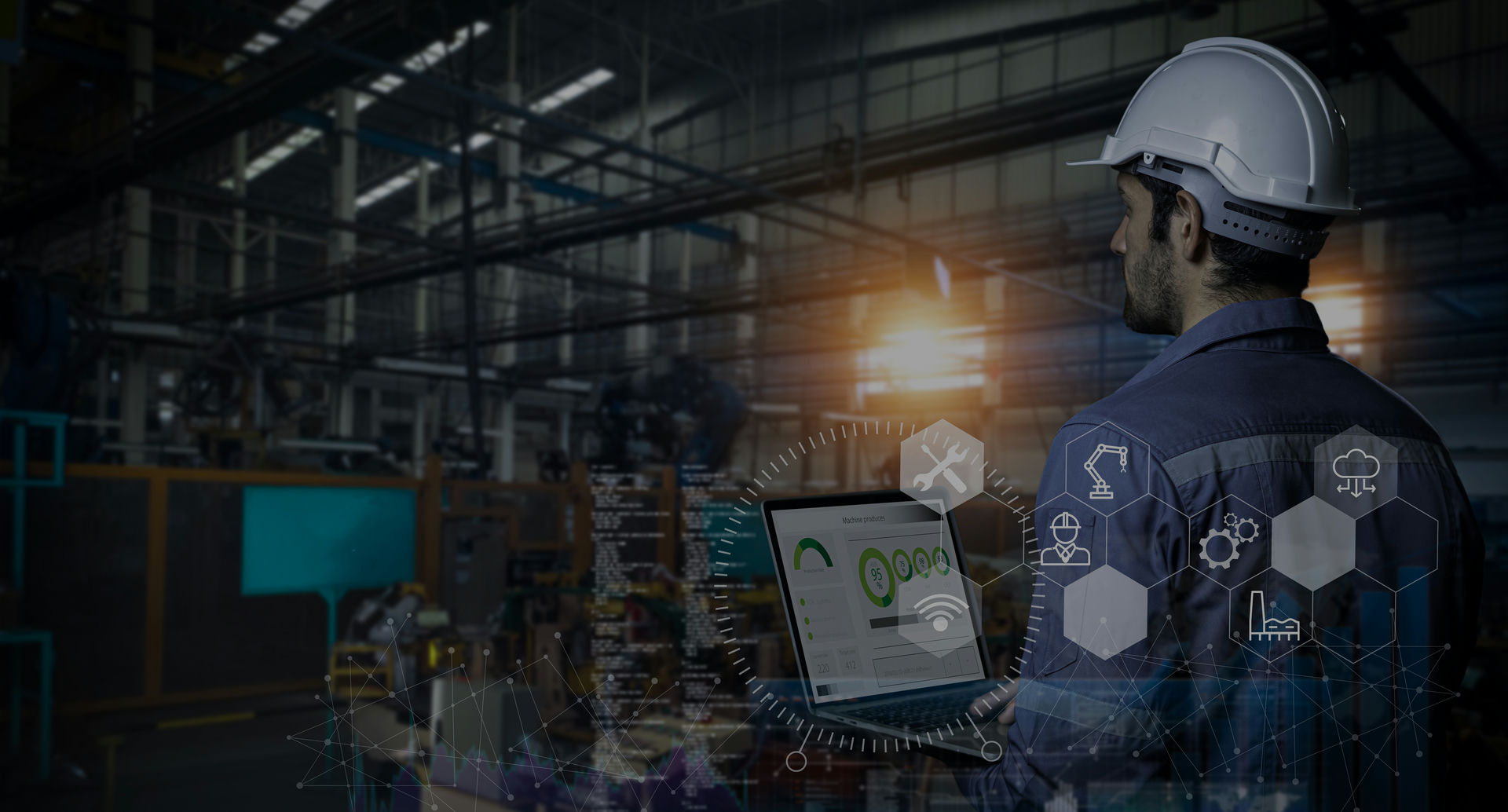Energy Transition
Decarbonization
The benefits of Decarbonization
Decarbonization involves increasing the prominence of low-carbon power generation, and a corresponding reduction in the use of fossil fuels. This particularly involves a use of renewable energy sources like wind power, solar power, and biomass. The use of carbon power can also be reduced through large-scale use of electric vehicles alongside ‘cleaner’ technologies. Decreasing carbon intensity in the power and transport sectors will allow for net zero emission targets to be met sooner and in line with government standards. More energy-efficient and less carbon-intense energy sources are some of the most prominent ways decarbonization may be achieved.
These goals can also be reached by decreasing the amount of CO2 emitted across industries and will require a fundamentally different energy system, by using alternative energy sources based on green electricity and green molecules (such as biofuels and hydrogen).
Energy Efficiency
Electrification
Energy Autonomy
Cogeneration
Industry 4.0
Our Projects
Turn-key solutions that offer the best synergies for the common benefit. We provide solutions capable of solving your energy problems, with the right partners and technological solutions, supported by the digital transition (IoT).
O&M MANUALS LNG POWER PLANT
North Mole
Gibraltar
O&M MANUALS LNG POWER PLANT
The North Mole Power Plant is a dual fuel Power Plant powered by 3x MAN 14V51/61G [...]
30/15 KV SUBSTATION
Pico Island, Azores
Portugal
30/15 KV SUBSTATION
The consortium Siemens/WinPower was selected by EDA for the design, supply, erection and [...]
BIOMASS POWER PLANT
Santarém
Portugal
BIOMASS POWER PLANT
The project was the result of the Portuguese ongoing investment plans [...]
We provide services built on lessons learned from decades of energy sector knowledge, integrating renewable energy sources, water treatment process, up to delivery.


